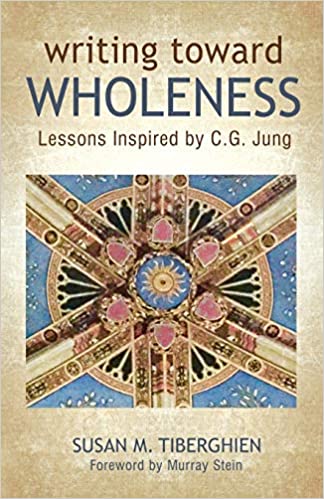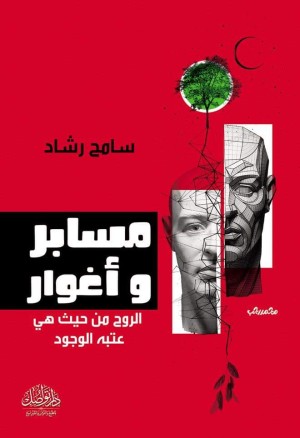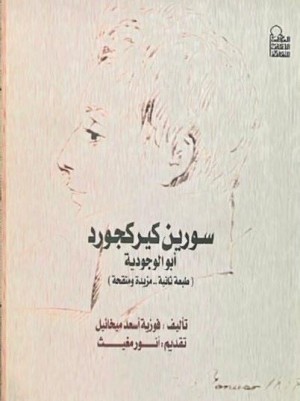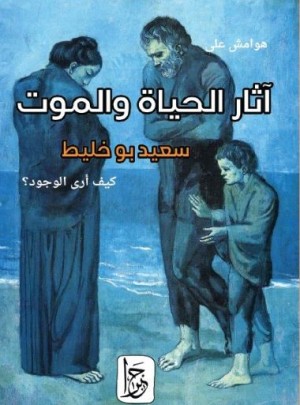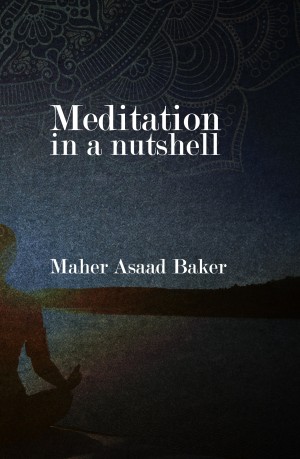Writing Toward Wholeness: Lessons Inspired by C.G. Jung
Writing Toward Wholeness encourages readers to embark on their own journey through writing toward selfhood, toward wholeness. At every step, it reinforces the lessons C.G. Jung learned and shared with millions of people. In focusing on insights and excerpts from Jung’s writings, and from contemporary writers, the author brings together psychology, spirituality, and the arts, offering a way to wholeness.
Kirkus Review
A Jungian expert compiles principles that promote wholeness.
Tiberghien (Footsteps: In Love with a Frenchman,2015, etc.), who has studied and presented the works of Jung for more than 30years, has written this book to encourage readers to examine the depths of their own souls through a variety of channels. First, she extracts lessons from Jung's Red Book, inviting readers to consider how they envision the soul and demonstrating the power of journaling.
Another method for soul explorationis to pursue images in the mind, drawing them when possible and assessing their meaning in writing. Additionally, readers can "mine our own dreams to find our life story and write its pages," study and compose metaphors to enrich and express thoughts and feelings, and seek beauty everywhere. Finally, the authorconcludes with the topics of alchemy ("a metaphor for the transformation of human nature"), Zen ("the art of seeing"), and wholeness ("the revelation of the oneness of everything"). Each chapter is broken down into shorter, clearly labeled sections that often follow the pattern of historical perspectives, Jung's own experiences, and related works of contemporary writers, including Tiberghien.
The author's expertise is indisputable, and her depth of analysis and the considerable amount of citations make this book an excellent reference forJungian scholars and students. In addition, the occasional writing suggestionsthat Tiberghien includes provide clear direction for those looking to apply Jungian principles (for example, "If you close your eyes, what image appears? Describe it in a couple of lines....What can you compare it to?"). The work assumes that readers have the ability--or at least the desire--to comprehend abstract psychological and philosophical principles. For example, one stage of alchemy is described as "bringing the shadow to the light, uniting the conscious and the unconscious, the beginning emergence of the self." But while the concept of wholeness is eloquently described in the final chapter, an earlier introduction would have helped readers "begin with the end in mind."
An expertly presented, application-focused overview ofJungian concepts for deep philosophical thinkers.
Further Reading
Upcoming Events

Arabia Felix - Alarabia Alsaida in Bayt Yakan
April 15, 2025
Arabia Felix by Thorkild Hansen, and translated by...

A writer, a vision, a journey: a conversation with Professor Ilan Pappe
March 15, 2025
This event took place on 15 March, 2025 . You may...

مسافر يبحث عن ماء
February 17, 2025
تقيم نقابة اتحاد كتاب مصرشعبة أدب الرحلات تحت رعاي...

Online discussion of The Vegetarian by Han Kang Nobel Prize winner 2024
November 08, 2024
This discussion of Han Kang’s The Vegetarian...
